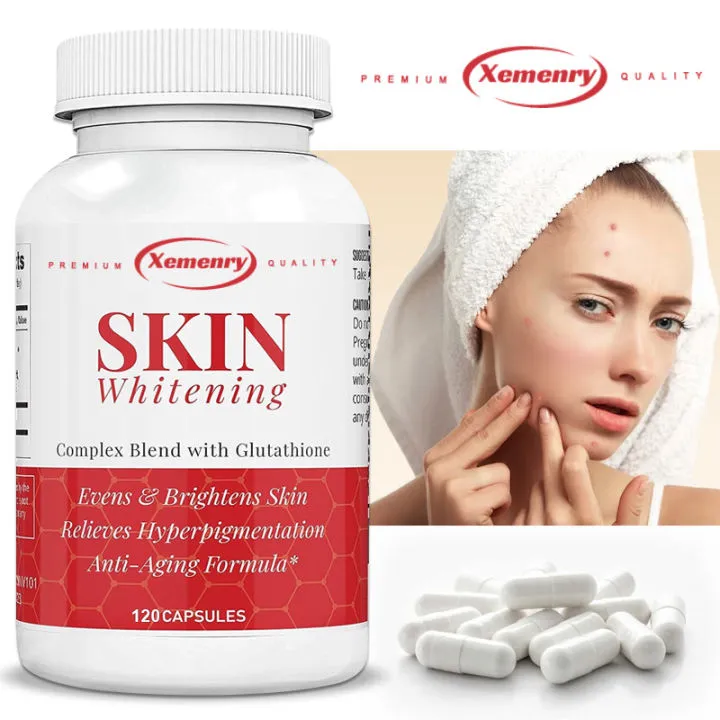Understanding Skin Whitening and Its Importance
Skin whitening, also known as skin lightening or bleaching, is a cosmetic procedure that aims to lighten the skin tone or provide an even skin complexion by reducing melanin concentration in the skin. This practice has been around for centuries, with different cultures and communities prioritizing lighter skin tones for various reasons. Whether driven by aesthetic preferences, cultural norms, or the desire to address hyperpigmentation, understanding the underlying principles and potential risks is crucial before embarking on any skin whitening journey. It’s essential to differentiate between cosmetic goals and medical treatments, ensuring a balanced approach that prioritizes skin health.
What is Skin Whitening
Skin whitening involves various methods to lighten the skin, from topical creams and serums to oral supplements and professional treatments. These methods work by inhibiting the production of melanin, the pigment responsible for skin color. Ingredients like hydroquinone, kojic acid, and certain vitamins and minerals are commonly used to achieve these effects. The effectiveness of skin whitening treatments can vary depending on the individual’s skin type, the specific products used, and the underlying cause of uneven skin tone. It is important to note that skin whitening is not a permanent solution, and maintenance is often required to sustain the desired results. The methods range from cosmetic applications to medical procedures, each with specific pros and cons.
Why People Seek Skin Whitening
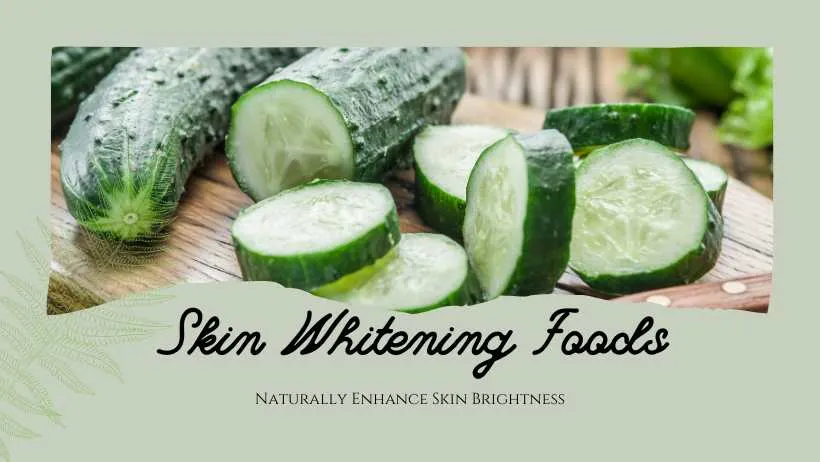
The motivations behind skin whitening are diverse and complex. For some, it’s about enhancing their natural beauty and achieving a more even skin tone. Others seek to address hyperpigmentation issues such as sunspots, acne scars, or melasma. In some cultures, lighter skin has historically been associated with higher social status or beauty standards, which can influence personal preferences. It’s important to acknowledge that these beauty standards may not be universally accepted and that individual choices should be respected. Regardless of the reasons, a healthy approach to skin whitening involves thorough research, expert consultation, and a realistic understanding of the potential outcomes.
Risks and Considerations of Skin Whitening
Skin whitening carries potential risks that must be carefully considered. Certain ingredients can cause skin irritation, sensitivity, or allergic reactions. Prolonged or improper use of skin whitening products can lead to adverse effects like ochronosis (a darkening of the skin), uneven skin tone, and increased susceptibility to sun damage. Before undertaking any skin whitening procedure, individuals should consult a dermatologist or healthcare professional to assess their skin type, identify any underlying health conditions, and discuss potential risks and benefits. This consultation ensures a safe and informed approach, promoting skin health alongside cosmetic goals. Moreover, purchasing products from reputable sources and following instructions is imperative.
Top 7 Vitamins and Minerals for Skin Whitening
Vitamin C The Brightening Powerhouse
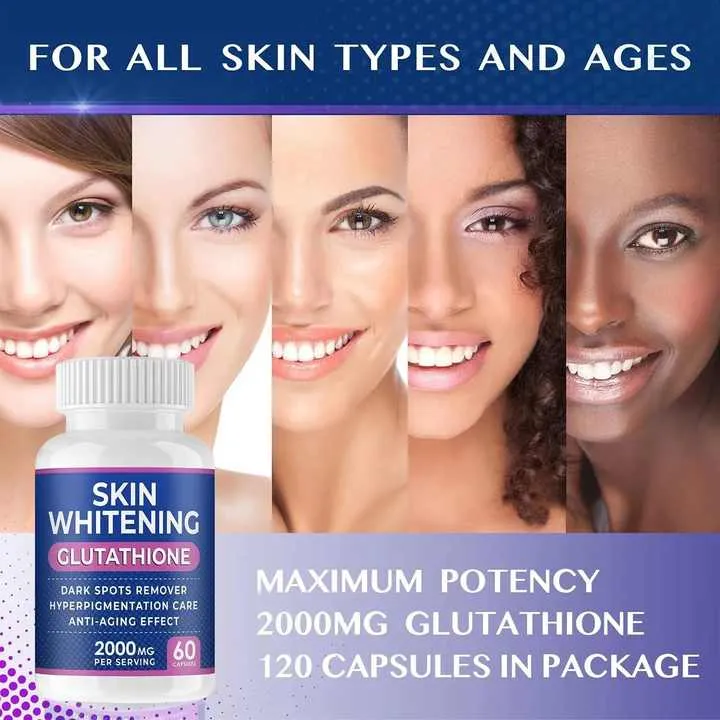
Vitamin C, also known as ascorbic acid, is a potent antioxidant that plays a crucial role in skin health and brightening. It neutralizes free radicals, which are unstable molecules that can damage skin cells and contribute to hyperpigmentation. Furthermore, vitamin C inhibits tyrosinase, an enzyme essential for melanin production, thereby reducing the formation of dark spots and promoting a more even skin tone. Its collagen-boosting properties also contribute to improved skin elasticity and a youthful appearance. Regular intake or topical application of Vitamin C can significantly contribute to radiant and brighter skin. Image of Vitamin C in citrus fruits.
How Vitamin C Works
Vitamin C works by several mechanisms to achieve its skin-brightening effects. Its antioxidant properties protect the skin from environmental damage, such as UV rays and pollution, which can trigger melanin production. It also directly inhibits tyrosinase, the enzyme that converts tyrosine into melanin. By blocking this process, vitamin C helps prevent the formation of new dark spots and reduces existing hyperpigmentation. Additionally, it aids in collagen synthesis, which contributes to firmer, more elastic skin, reducing the appearance of wrinkles and fine lines, thus contributing to a more youthful glow.
Food Sources of Vitamin C
Consuming vitamin C-rich foods is essential for overall skin health. Excellent sources include citrus fruits like oranges and grapefruits, berries, kiwi, bell peppers, broccoli, and spinach. Incorporating these foods into your diet provides the body with a steady supply of vitamin C, supporting its antioxidant and skin-brightening functions. For individuals who may not consume enough vitamin C through their diet, supplements are available. However, it is crucial to follow recommended dosages and consult a healthcare professional before starting any new supplement regimen to avoid potential side effects.
Vitamin E The Antioxidant Protector
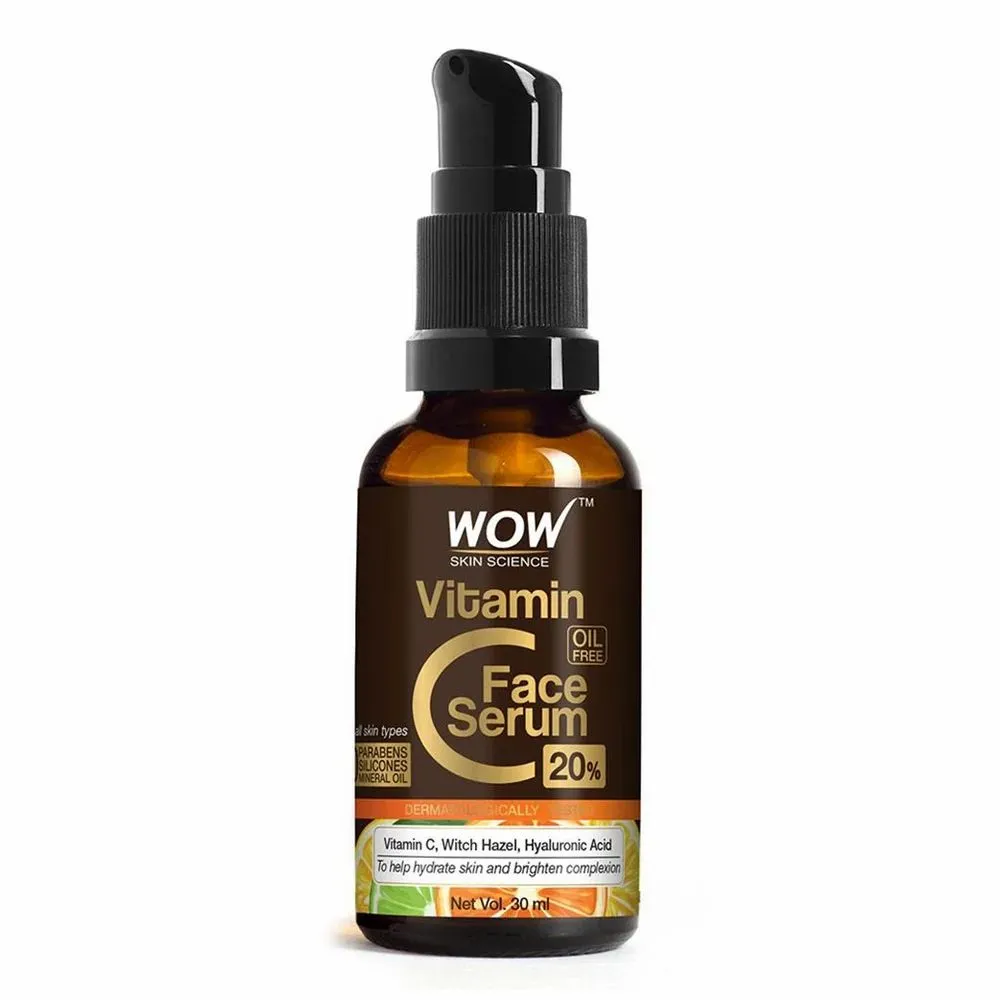
Vitamin E is another powerful antioxidant that protects the skin from damage caused by free radicals and environmental stressors. It helps neutralize these unstable molecules, preventing premature aging and reducing the risk of hyperpigmentation. Vitamin E also has moisturizing properties, which help to keep the skin hydrated and healthy. When used topically, it can soothe irritated skin and promote healing. Combined with vitamin C, vitamin E can enhance its effectiveness, creating a synergistic effect that boosts skin protection and radiance. Image of Vitamin E in nuts and seeds.
How Vitamin E Protects Skin
Vitamin E protects the skin by acting as a shield against oxidative stress. It scavenges free radicals, preventing them from damaging skin cells and causing inflammation. This protective action helps to minimize the appearance of dark spots and uneven skin tone. Additionally, vitamin E supports the skin’s natural barrier function, locking in moisture and preventing water loss, leading to improved hydration and a more supple complexion. This antioxidant also works to reduce redness and calm irritated skin. The vitamin contributes to overall skin health and is an essential element of a healthy skincare routine.
Food Sources of Vitamin E
Consuming vitamin E-rich foods is essential for maintaining healthy skin. Great food sources include nuts such as almonds, sunflower seeds, hazelnuts, avocados, spinach, and vegetable oils like sunflower and safflower oil. Incorporating these foods into your diet provides the body with vitamin E, supporting its antioxidant and protective functions. Supplementation is also an option; however, excessive intake should be avoided. Consulting with a healthcare professional before starting any new supplement is always recommended.
Vitamin A The Cellular Renewal Agent
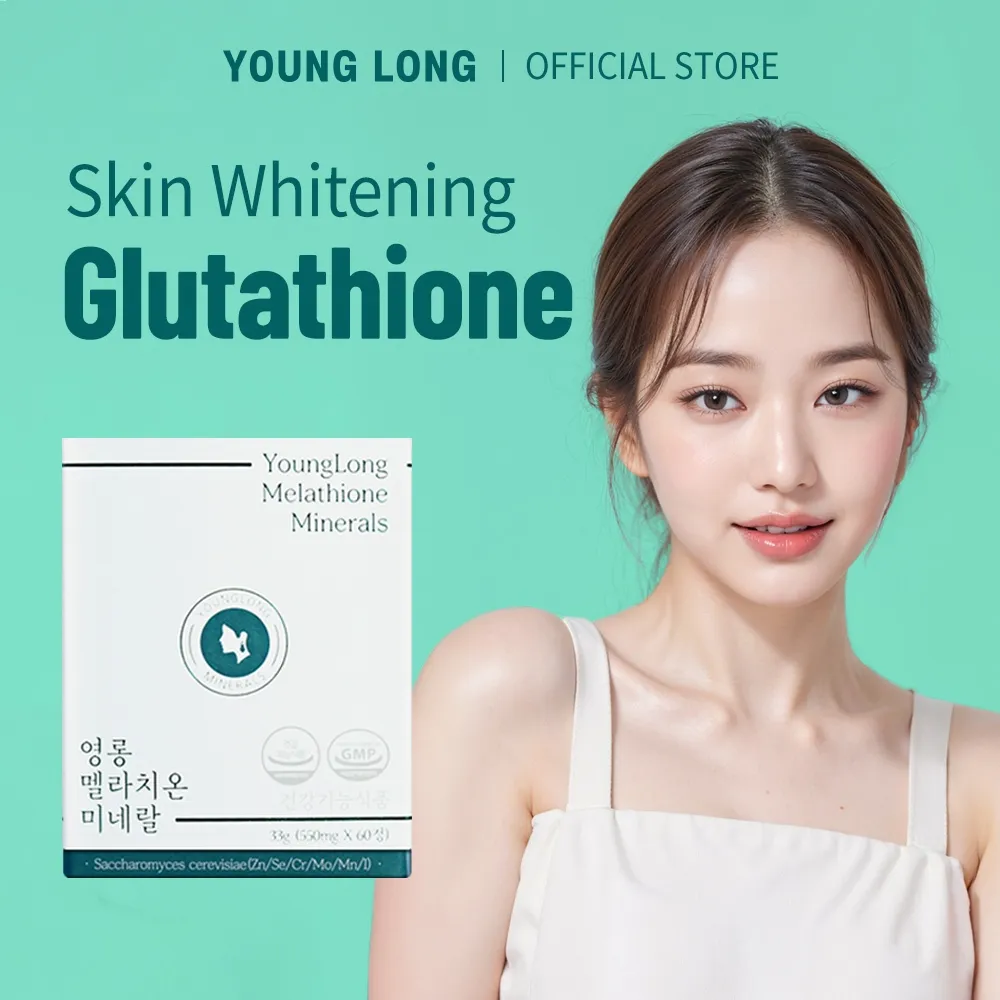
Vitamin A, particularly in the form of retinoids, is well-known for its ability to promote skin cell turnover and renewal. This process helps to shed dead skin cells and reveal fresh, brighter skin. By accelerating cell turnover, vitamin A can reduce the appearance of dark spots and hyperpigmentation. It also stimulates collagen production, improving skin elasticity and reducing wrinkles. Retinoids, a form of vitamin A, are a powerful ingredient for treating acne and promoting overall skin health. Regular use of vitamin A products can result in a more even skin tone and a radiant complexion. Image of Vitamin A in carrots and sweet potatoes.
How Vitamin A Promotes Skin Health
Vitamin A promotes skin health through multiple mechanisms. Retinoids, the active form of vitamin A, increase cell turnover, preventing the buildup of dead skin cells that can lead to a dull complexion and clogged pores. They also stimulate collagen production, which reduces the appearance of fine lines and wrinkles. Vitamin A helps to regulate the production of melanin, potentially reducing the appearance of dark spots and uneven skin tone. Additionally, vitamin A can help reduce inflammation and fight against acne, contributing to overall skin clarity and smoothness. The vitamin is an essential component of any complete skincare regime.
Food Sources of Vitamin A
Incorporating vitamin A-rich foods into your diet is essential for optimal skin health. Excellent sources include sweet potatoes, carrots, spinach, kale, eggs, and dairy products. These foods provide the body with the necessary vitamin A to support skin cell renewal and promote a healthy, radiant complexion. For those looking to enhance their vitamin A intake, supplements can be considered, but consulting with a healthcare professional to determine the appropriate dosage is essential. Be sure to consider both dietary and topical applications for best results.
Glutathione The Master Antioxidant
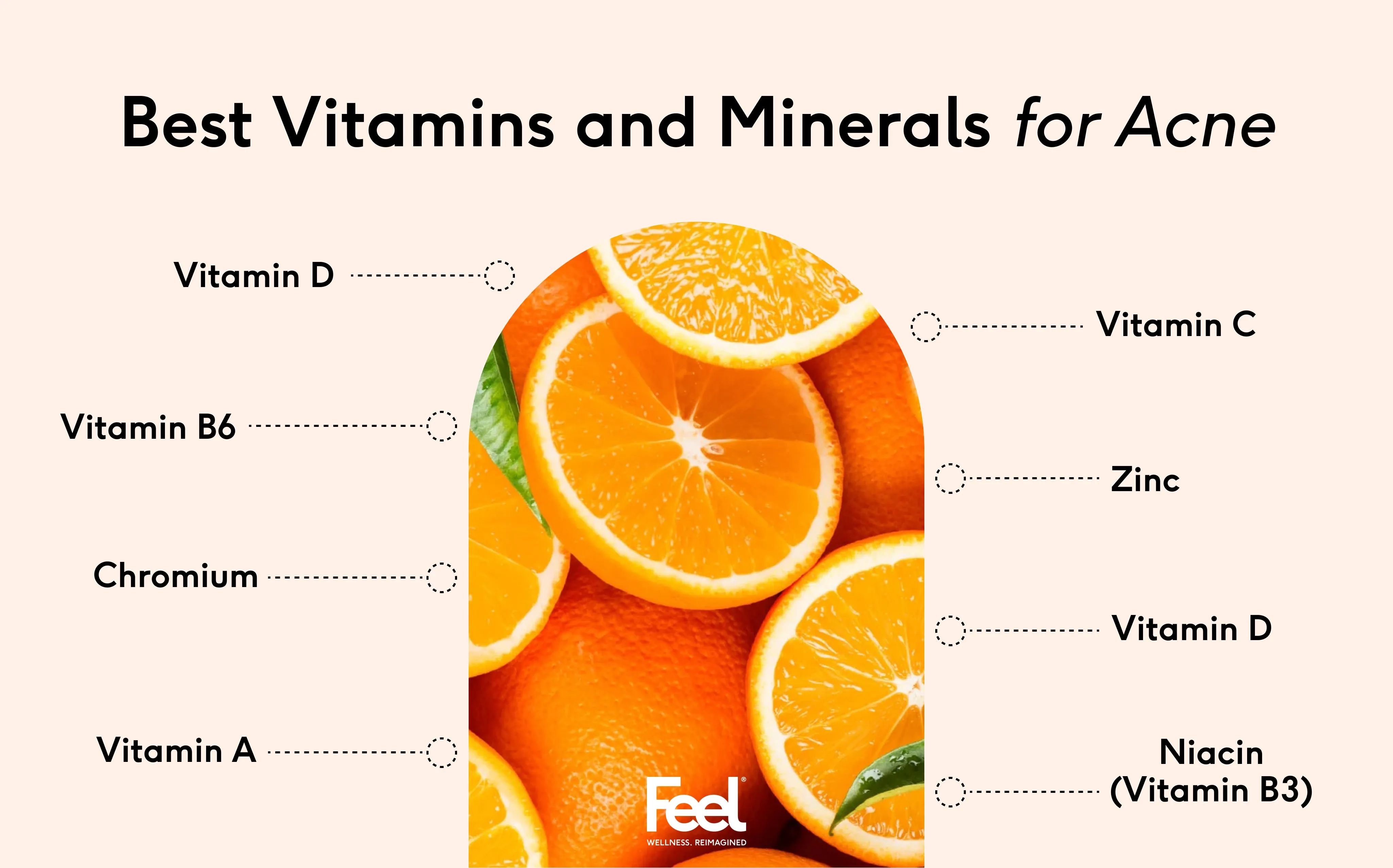
Glutathione is a powerful antioxidant produced naturally by the body. It plays a crucial role in detoxification, immune function, and skin brightening. Glutathione works by inhibiting the production of melanin and converting it to a lighter form. It also neutralizes free radicals, protecting the skin from damage. Many people turn to glutathione supplements or intravenous treatments to improve skin tone. While it shows potential, it’s crucial to consider both the effectiveness and safety aspects. It is a popular choice for those seeking skin-whitening effects. Image of Glutathione supplement pills.
How Glutathione Lightens Skin
Glutathione lightens the skin primarily by inhibiting tyrosinase, the enzyme responsible for melanin production. By reducing melanin synthesis, glutathione helps to lighten existing dark spots and prevent the formation of new ones. In addition to its depigmenting effects, glutathione protects skin cells from damage caused by free radicals, contributing to overall skin health and radiance. Glutathione has also been shown to increase the production of pheomelanin, a lighter pigment, in place of eumelanin, the darker pigment, further enhancing its skin-lightening properties. This is a very important ingredient in the search for improved skin complexion.
Food Sources and Supplements of Glutathione
While glutathione is naturally produced by the body, certain foods can help boost its levels. Foods rich in sulfur, such as broccoli, cauliflower, and Brussels sprouts, support glutathione production. Dietary sources alone may not be sufficient to significantly impact skin tone; supplements are commonly used. Oral supplements and intravenous infusions are two ways to take glutathione, but it’s important to discuss these with a healthcare professional. They can evaluate the risks and benefits and help determine if it’s a suitable option for your needs. Be sure to check with your healthcare provider for any possible adverse effects.
Niacinamide The Barrier Booster
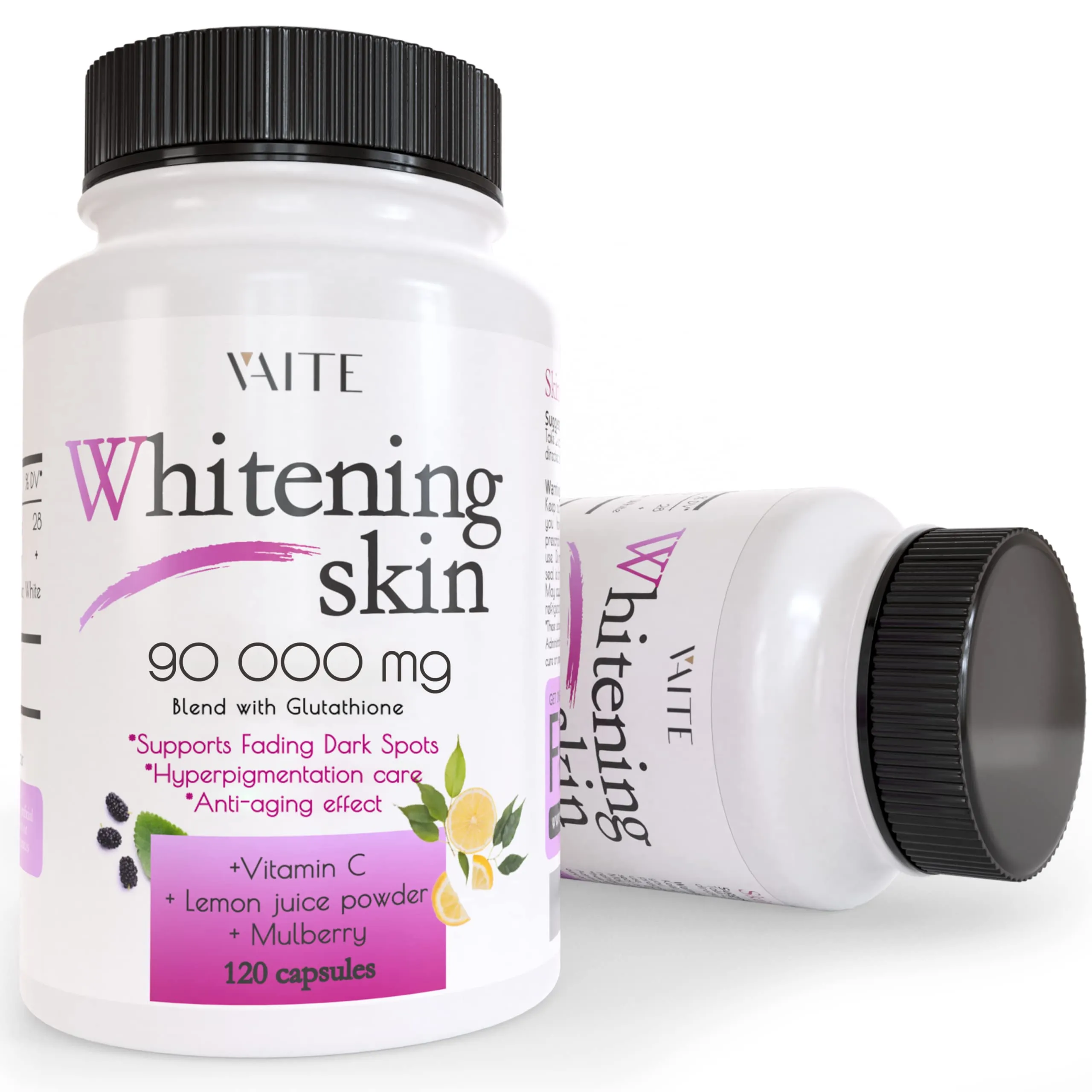
Niacinamide, a form of vitamin B3, has become a popular ingredient in skincare products due to its many benefits for skin health. It is known to improve skin tone, reduce the appearance of pores, and minimize redness. Niacinamide works by strengthening the skin’s barrier function, which helps to retain moisture and protect against environmental aggressors. It also has anti-inflammatory properties, which can help to soothe irritated skin and reduce the risk of hyperpigmentation. Regular use of niacinamide can lead to a more even, radiant complexion. Image of Niacinamide serum.
How Niacinamide Works for Skin
Niacinamide works on the skin in multiple ways. It improves skin barrier function by increasing the production of ceramides, which helps to lock in moisture and protect against environmental damage. The vitamin reduces the production of melanin, which contributes to a more even skin tone. Furthermore, it has anti-inflammatory properties that can reduce redness and irritation. Niacinamide can also minimize the appearance of pores and reduce the risk of acne. This all-in-one ingredient is essential to any skincare plan. Regular application can result in smoother, healthier, and more radiant skin.
Niacinamide in Skincare
Niacinamide is a versatile ingredient found in various skincare products, including serums, creams, and toners. It is generally well-tolerated and can be used by most skin types, including sensitive skin. When incorporating niacinamide into your routine, start with a low concentration and gradually increase it as your skin adjusts. Look for products containing 2-5% niacinamide for optimal results. Combining niacinamide with other beneficial ingredients, such as vitamin C and hyaluronic acid, can enhance its effects. Following the directions on the product label is always a good practice.
Selenium The Mineral for Skin Health
Selenium is a trace mineral that plays a vital role in skin health due to its antioxidant properties. It helps protect the skin from damage caused by free radicals and environmental stressors, supporting overall skin health. Selenium also helps to reduce inflammation and supports the immune system. While the exact mechanisms of selenium’s impact on skin whitening are not fully understood, its antioxidant properties can contribute to an even skin tone and radiance. Adequate selenium intake through diet or supplements is essential for maintaining healthy skin. Image of Selenium and Zinc food sources.
How Selenium Benefits Skin
Selenium provides many benefits to the skin. Its antioxidant properties help to neutralize free radicals, protecting skin cells from damage and premature aging. It can also reduce inflammation, which can lead to a more even skin tone and reduce the appearance of blemishes. Selenium supports the immune system, which is essential for skin health. It contributes to the synthesis of glutathione, another powerful antioxidant that helps to lighten the skin. The mineral contributes to overall skin health and is essential for a healthy complexion.
Food Sources of Selenium
Incorporating selenium-rich foods into your diet helps promote skin health. Excellent sources include Brazil nuts, seafood, beef, poultry, and eggs. It is important to note that the selenium content in food can vary depending on soil conditions. For those looking to ensure adequate selenium intake, supplements can be considered, but always consult with a healthcare professional before starting a new supplement regimen. Eating a balanced diet including these sources is often enough to meet your selenium needs.
Zinc The Healing and Protecting Mineral
Zinc is another essential mineral for skin health. It plays a crucial role in wound healing, cell growth, and the immune system. Zinc has anti-inflammatory properties that can reduce redness, acne, and other skin irritations. It also protects the skin from UV damage and aids in collagen synthesis. Adequate zinc intake contributes to a healthy, radiant complexion and can help address various skin concerns. This is a critical component of your skin health program. It’s necessary to include it in your diet or through supplements for positive results. Image of Selenium and Zinc food sources.
How Zinc Supports Skin Health
Zinc supports skin health by aiding in multiple functions. It is essential for wound healing, making it crucial for the repair of skin damage. It has anti-inflammatory properties that can reduce the appearance of acne and redness. Zinc protects the skin from UV damage by acting as a natural sun protectant. Zinc also plays a role in collagen synthesis, which improves skin elasticity and reduces the appearance of wrinkles. The mineral’s properties help to maintain overall skin health and a youthful glow.
Zinc in Skincare and Diet
Zinc is found in both dietary sources and skincare products. Including zinc-rich foods in your diet is beneficial for overall skin health. Excellent sources include meat, seafood, nuts, seeds, and whole grains. Topical zinc-based products, such as sunscreens and creams, can help protect the skin from UV damage and treat skin conditions like acne. If you are looking to supplement, always consult with a healthcare professional to determine the proper dosage and ensure it is appropriate for your needs. Topical applications can be a great tool to help fight acne.
Incorporating Vitamins and Minerals into Your Routine
Dietary Changes
The best way to incorporate vitamins and minerals into your routine is through your diet. Focus on eating a balanced diet rich in fruits, vegetables, lean proteins, and whole grains. Prioritize foods that are naturally high in vitamins and minerals known for skin-whitening benefits, such as vitamin C, vitamin E, and vitamin A. Making gradual changes to your dietary habits can have significant positive impacts on your skin health and overall well-being. A good diet is critical for any skin care regimen. It is recommended that you meet with a nutritionist to determine the best plan of action.
Supplements
Supplements can be a helpful way to ensure you are getting enough of certain vitamins and minerals. Consider consulting with a healthcare professional or dermatologist before starting any new supplements. They can assess your individual needs and recommend appropriate dosages. Be sure to choose high-quality supplements from reputable brands. Keep in mind that supplements are not a replacement for a balanced diet, but they can complement a healthy lifestyle. It is important to discuss potential interactions with any medications that you are already taking.
Topical Application
Topical application of vitamins and minerals is a direct way to target skin concerns and promote whitening. Look for skincare products that contain vitamin C, niacinamide, and other beneficial ingredients. Follow the instructions on the product label and start with a low concentration to avoid irritation. Consistent use of topical products can lead to improved skin tone and radiance. Always perform a patch test before applying a new product to your entire face or body. It’s always a good idea to work with a dermatologist for best results.
Precautions and Safety
Potential Side Effects
While vitamins and minerals can be beneficial for skin whitening, it’s essential to be aware of potential side effects. Some individuals may experience skin irritation, redness, or allergic reactions when using topical products or taking supplements. Overuse of certain ingredients, such as retinoids or high concentrations of vitamin C, can lead to adverse effects. Always follow product instructions and discontinue use if you experience any concerning symptoms. It’s always wise to work with a professional to help you through the skin-whitening process.
Consulting a Dermatologist
Consulting with a dermatologist or healthcare professional is crucial before starting any skin whitening regimen. They can assess your skin type, identify any underlying skin conditions, and recommend safe and effective treatments. A dermatologist can provide personalized advice, monitor your progress, and help you avoid potential risks. They can guide you on the best ways to incorporate vitamins and minerals into your routine. This professional consultation ensures a safe and well-informed approach to achieving your skin whitening goals. It also allows you to avoid making common and costly mistakes.
Conclusion
Achieving brighter, more even-toned skin is a journey that involves the right combination of vitamins, minerals, and informed decisions. From the powerful antioxidant properties of vitamin C and E to the cellular renewal benefits of vitamin A and the barrier-boosting effects of niacinamide, these essential nutrients play a vital role in promoting skin health and radiance. While dietary changes, supplements, and topical applications are effective methods for incorporating these vitamins and minerals, remember that precautions and safety are essential. Consulting with a dermatologist ensures that you approach your skin whitening goals with knowledge, care, and a plan that is right for you. Embrace the journey to healthier, more radiant skin.
